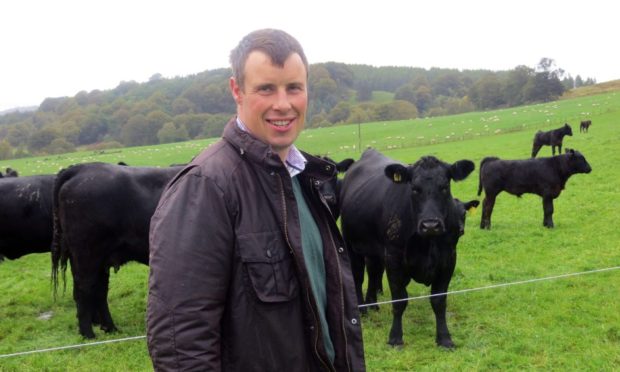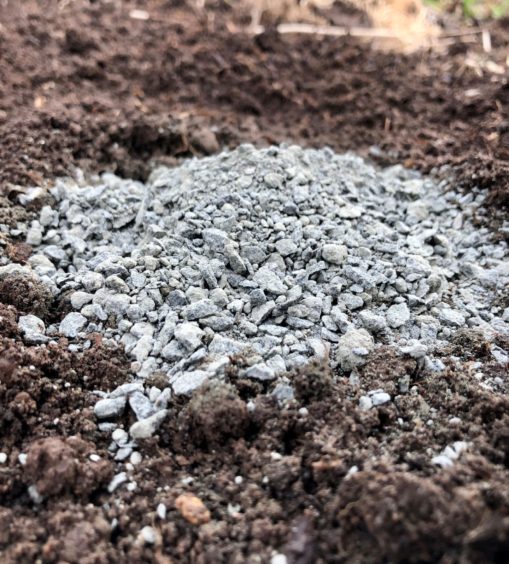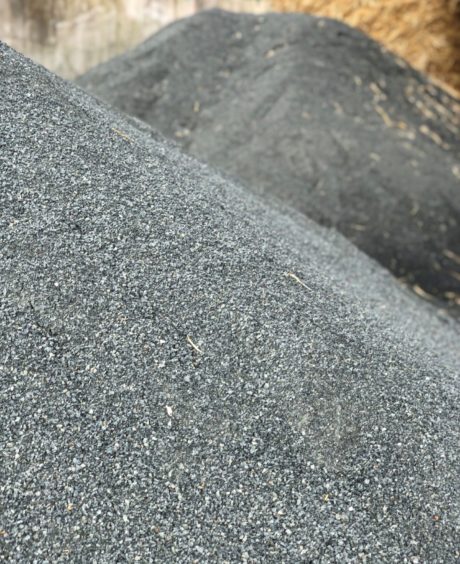Evidence has emerged of improved soil microbiology on farmland which has been spread with crushed basic silicate rock.
A “rock on soils” project run by the Scottish Organic Producers Association (SOPA) looked at the carbon sequestration potential and additional soil and biodiversity benefits of using the rock and discovered that an area that received crushed basic silicate rock has a more balanced and higher value microbial biodiversity.
The project involved collaboration with Abertay University, the James Hutton Institute, the University of Dundee, and the Agrosphere Institute of Forschungszentrum Juelich, Germany, together with Perthshire farmer Alex Brewster of Rotmell Farm where the trials took place.
The team discovered an increase in microbes that sequester carbon, help provide nitrogen, phosphorous and potassium for plants and an increase in microbes that help defend crops from pests and diseases. The results show the positive effect was still being seen three years after treatment..
Project manager Emily Grant said:” The effect we have seen at Rotmell is important and suggests wider benefits of this product than just carbon sequestration. In short, the beneficial bugs are being favoured – we are seeing a better soil microbiome.”
Matt Aitkenhead from the James Hutton Institute pointed out that novel land management approaches such as crushed silicate rock application needed robust testing and evaluation.
He added: “This project demonstrates the vital collaboration between farmers and academics that is needed to demonstrate these approaches and tackle the climate emergency.”
SOPA policy manager, Debs Roberts, said it was important for farmers to find new and innovative ways to improve and maintain the health of the soil.
“There is a real need for action when it comes to tackling climate change and delivering Scottish Government targets,” she said.
“But there are potential solutions out there and this model of bringing together farmers and scientists has shown that a lot can be achieved in a very short timescale.”
Dr Alexandra Morel, an applied ecologist at the University of Dundee, added: “It is exciting to see that this soil amendment seems to be supporting beneficial microbial diversity, with implications for the long-term resilience of these agricultural systems. I am very excited to explore these effects further and on different farm types.”


